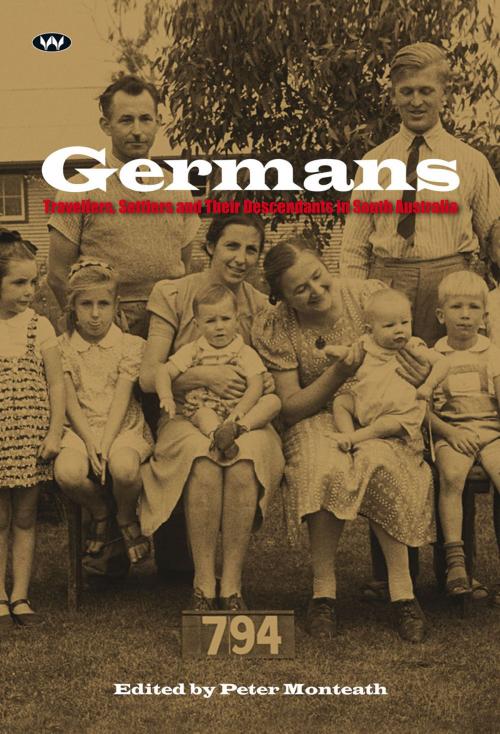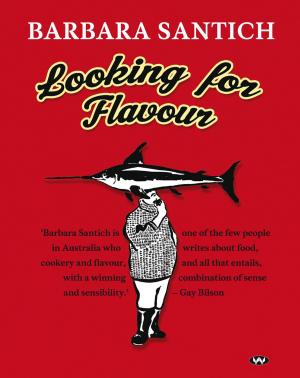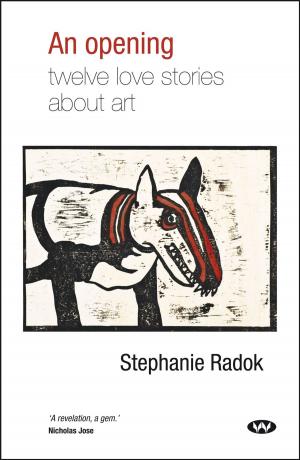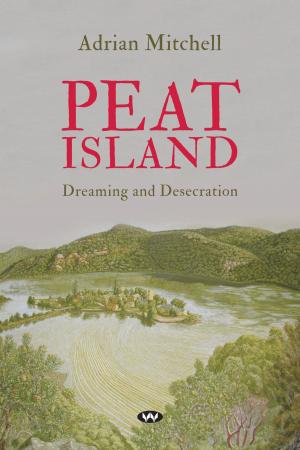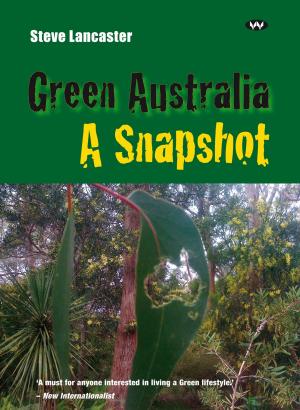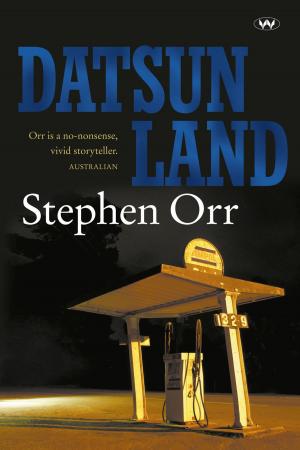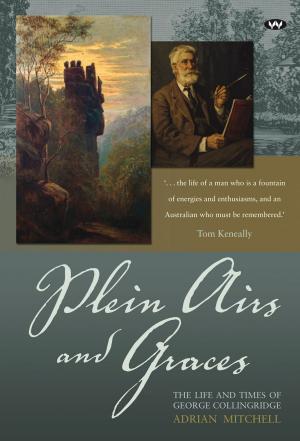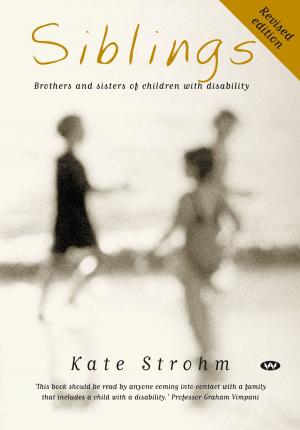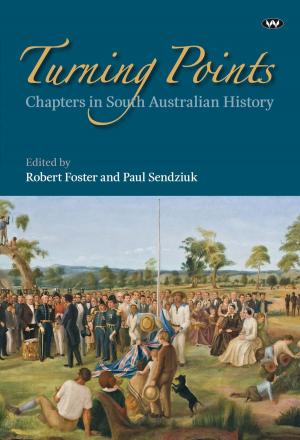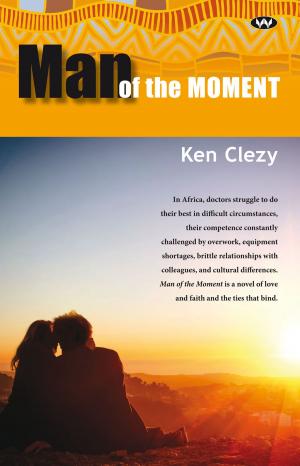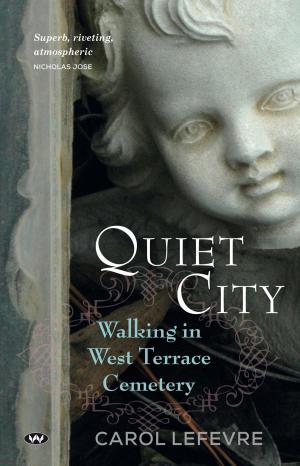Germans
Travellers, settlers and their descendants in South Australia
Nonfiction, History, Australia & Oceania| Author: | ISBN: | 9781862549920 | |
| Publisher: | Wakefield Press | Publication: | August 8, 2016 |
| Imprint: | Wakefield Press | Language: | English |
| Author: | |
| ISBN: | 9781862549920 |
| Publisher: | Wakefield Press |
| Publication: | August 8, 2016 |
| Imprint: | Wakefield Press |
| Language: | English |
From Beehive Corner and Bert Flugelman's polished balls in Rundle Mall to the vineyards, churches and cemeteries of the Barossa Valley, tangible signs of South Australia's Germans are everywhere to be seen. Too often, however, "the Germans" are regarded as a single group in the state's history. The truth is more complex and intriguing. Those who came during the colony's first decades mostly spoke a common language, but were divided by differences of country, culture and class. They were farmers from Silesia and Brandenburg, missionaries from Dresden, liberals from Berlin, merchants from Hamburg, miners from the Harz mountains or erudite graduates from some of the best universities in the world. They brought an astonishing variety of knowledge and talents, and were destined to make a difference in many fields. No less varied have been the experiences of their descendants and more recent arrivals. Germans have been praised as model citizens, even as over-achievers. But at times they have also been accused of divided loyalties or barefaced treachery. The essays gathered here explore the multiple origins, experiences and contributions of Germans in South Australia over some 175 years. Part celebration and part sober assessment, this book helps make sense of South Australia today.
From Beehive Corner and Bert Flugelman's polished balls in Rundle Mall to the vineyards, churches and cemeteries of the Barossa Valley, tangible signs of South Australia's Germans are everywhere to be seen. Too often, however, "the Germans" are regarded as a single group in the state's history. The truth is more complex and intriguing. Those who came during the colony's first decades mostly spoke a common language, but were divided by differences of country, culture and class. They were farmers from Silesia and Brandenburg, missionaries from Dresden, liberals from Berlin, merchants from Hamburg, miners from the Harz mountains or erudite graduates from some of the best universities in the world. They brought an astonishing variety of knowledge and talents, and were destined to make a difference in many fields. No less varied have been the experiences of their descendants and more recent arrivals. Germans have been praised as model citizens, even as over-achievers. But at times they have also been accused of divided loyalties or barefaced treachery. The essays gathered here explore the multiple origins, experiences and contributions of Germans in South Australia over some 175 years. Part celebration and part sober assessment, this book helps make sense of South Australia today.
